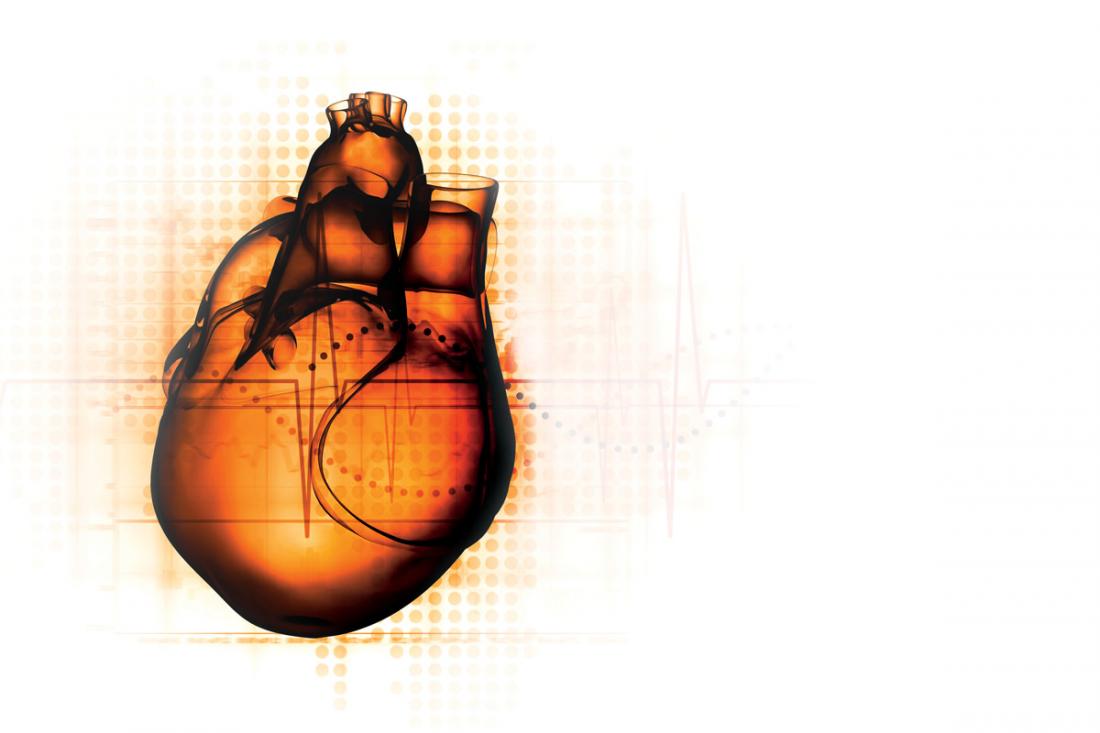The SmartMF system uses bioimpedance analysis (BIA) to measure body composition, which is then correlated to other health metrics such as cholesterol.
Researchers in Malaysia have designed a portable monitoring system, called SmartMF, that uses tiny electric pulses to help monitor several health conditions, including dengue severity risk and total cholesterol levels. By avoiding the need for collecting blood samples and expensive lab tests, the noninvasive sensor can help reduce healthcare costs while making it easier to closely monitor health changes.
Over the past 15 years, biomedical engineer Fatimah Ibrahim and colleagues at the University of Malaya have been studying the relationship between water and fat percentages in the body and various health conditions. Based on those findings, they developed algorithms that use changes in these body composition measurements to indicate cholesterol levels and the severity risk of a patient with dengue fever. They combined their software with a small sensor that measures fat mass and water in the body, and relays the results to a smartphone.
The SmartMF system uses bioimpedance analysis (BIA) to measure body composition. Four electrodes are attached to the skin—two on the right foot and ankle and two on the right hand and wrist—which are connected by wires to a small electrical device (8cmx4.5cmx2cm). The device sends a minute electric signal to two of the electrodes. This electric current passes quickly through the body’s water content, but finds resistance in fat cells, and the diminished signal is detected by the other two electrodes. The change in voltage of the electric signal indicates the levels of water and fat in the body.
Fatimah and her colleagues have been able to show how a relatively simple measurement like this can correlate to specific health conditions. To do so, they compared BIA measurements to conventional blood tests for 755 people, and found statistically significant correlations. They used this information to develop equations that predict conditions with high levels of accuracy.
For example, they took blood samples from 207 patients with dengue, measuring haemoglobin and platelet levels, which indicate if a patient with dengue is showing signs of recovery or of progressing to the more severe stages of the disease. They also took BIA measurements of these same patients, and used the data to develop and then improve their algorithm. The SmartMF system can predict severe dengue risk with more than 95% accuracy compared to regular lab tests, the re- searchers report in the journal Medical & Biological Engineering & Computing.
Similarly, they took blood tests for total cholesterol and BIA measurements of 260 healthy people. Their analysis found that SmartMF can predict if total cholesterol levels in the blood are within a normal range or high with more than 80% accuracy.
The team is planning to bring different versions of the SmartMF system to market beginning in 2019.
“This is such an exciting field for me as I can apply engineering principles to develop devices that have a meaningful impact on the community,” says Fatimah. “I hope, with SmartMF, we can further enhance healthcare system and quality not just for users in hospitals, but also for the general public to continuously monitor their health.”
For further information, contact:
Professor Fatimah Ibrahim
Centre for Innovations in Medical Engineering (CIME)
University of Malaya
E-mail: [email protected]



